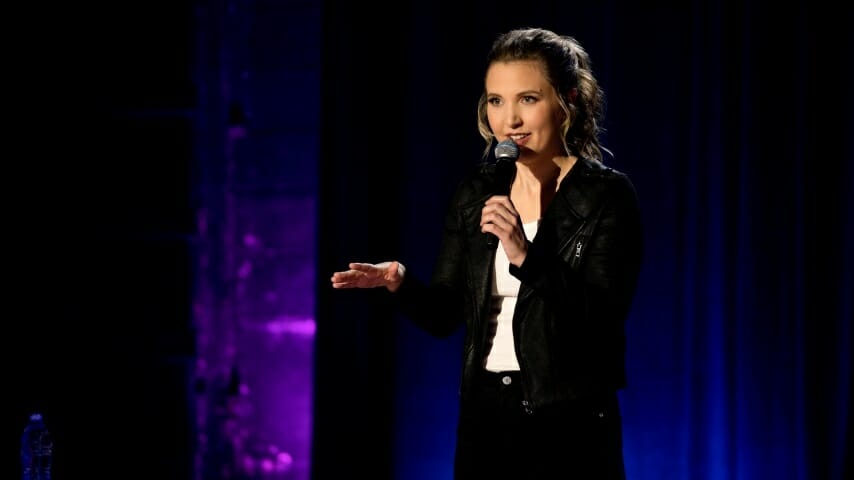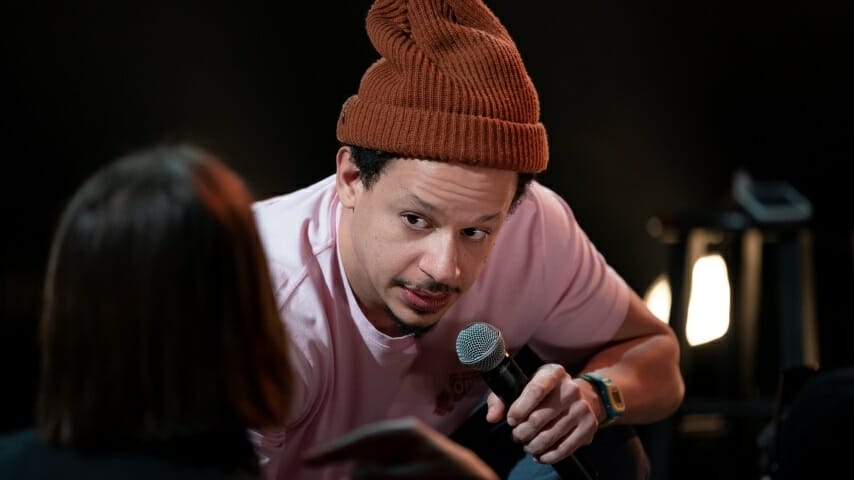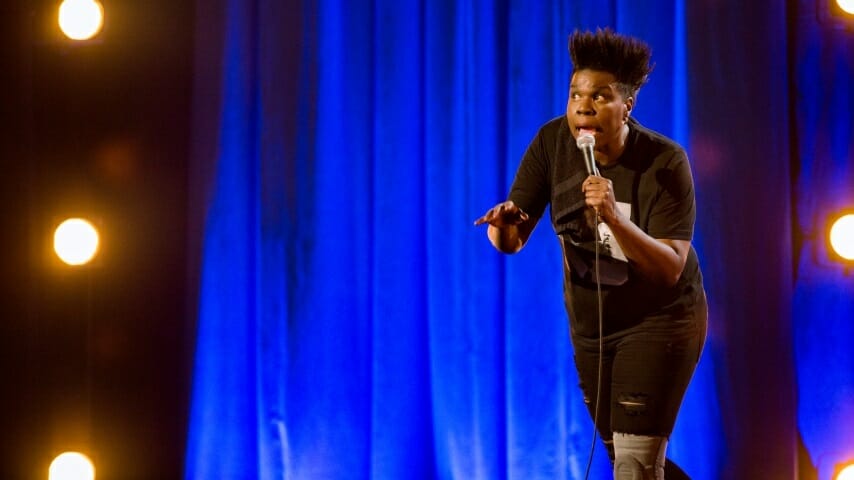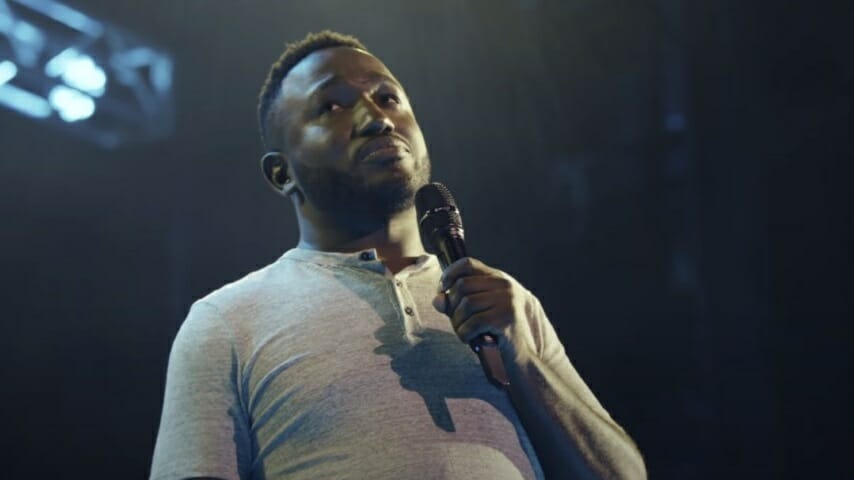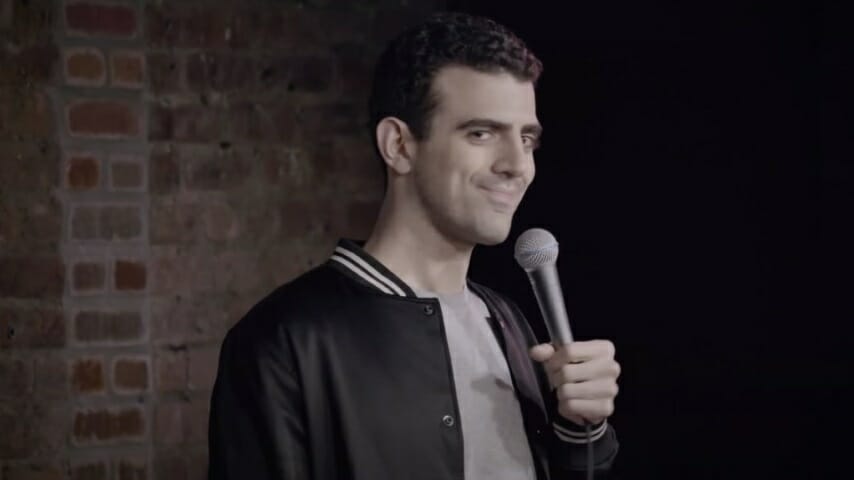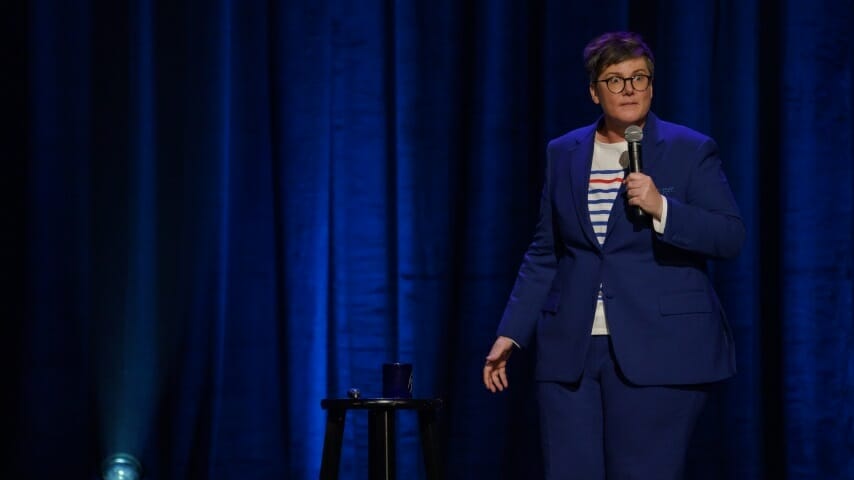The Best Stand-up Comedy Specials of 2020 (So Far)
Oswalt, Tomlinson, Andre, Jones and Gadsby photos courtesy of Netflix; the rest are screencaps.
2020 hasn’t been a particularly fun or funny year. Honestly, it’s been downright miserable. Comedy can provide us with momentary reprieves from everything that’s happening in the world today, but it shouldn’t have to. At its most powerful it can help us make sense of recent events, while also maybe making us laugh. Not all the specials below attempt that, but in their own way they all have something to say about the world we’re currently living in. Here are the best stand-up comedy specials of 2020 so far.
1. Dave Chappelle: “8:46”
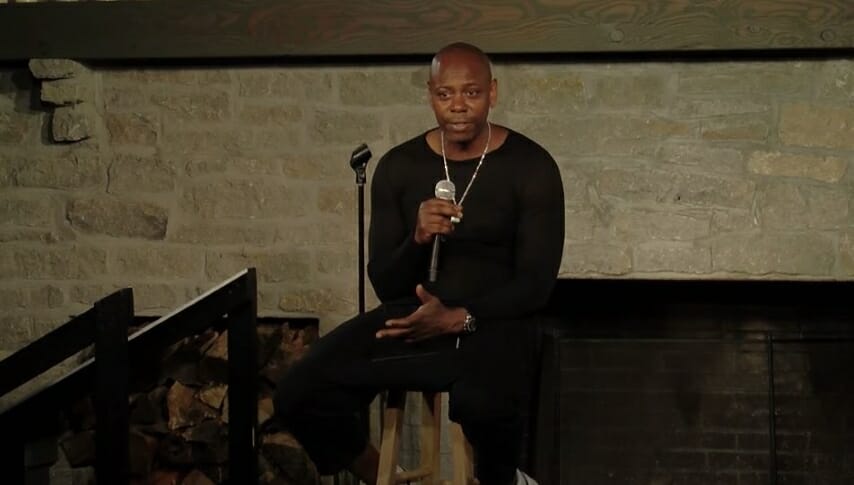
This short YouTube special is a furious, righteous, impassioned monologue on the murder of George Floyd and the protests that have sprung up throughout the country. In what’s easily the best work of his Netflix era, Chappelle doesn’t try to give voice to the movement or the justified rage rippling through America—as he says, “this is the streets talking for themselves, they don’t need me right now”—but focuses on his own rage, his own disgust, which drips from almost every word he says. It’s searing, powerful, and proof that Chappelle is absolutely still one of the most vital comedians around, no matter how disappointing and regressive his most recent special was.
Chappelle’s looseness greatly helps in this case. He mentions that he normally wouldn’t release something this hastily put together, but the whole spur-of-the-moment feeling about this video—like he’s not performing stand-up but just pouring out his heart and mind about the fucked up world we live in—is a huge reason that it makes such an impact. Whatever my criticisms with his recent specials, Chappelle has always been a smart, perceptive comedian with an innate grasp on how to speak to an audience; he’s also capable of being deeply sensitive, and that sensitivity returns in this video after being rarely seen in his latest full-length specials.—Garrett Martin
2. Maria Bamford: Weakness Is the Brand
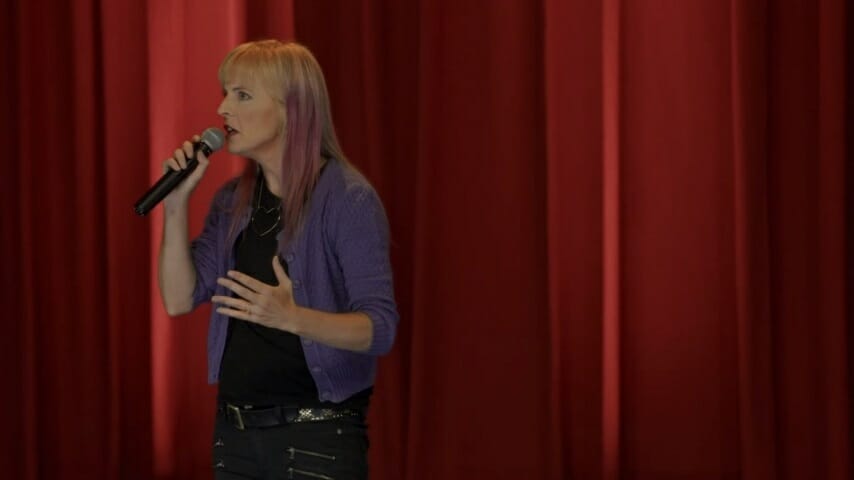
As she points out in her new special, Maria Bamford’s stand-up has long focused on “mental health schtick.” She goes on to say that she’s a little worried, as she’s “been feeling so good the last several years [she doesn’t] have any new material about it.” She might be doing better, but the rest of us are doing so much worse now that Weakness Is the Brand can feel like not just a stand-up special but an encouraging bit of inspiration from somebody who knows what we’re going through. Bamford weaponizes her own self-loathing and depression, agreeing with her critics and the far right when they call her an idiot or encourages her to kill herself, and comparing herself to her blind and deaf pug when it gets stuck in the kitchen while searching for the doggie door—”hopeless [and] looking for leadership.” She once again finds a way to make her personal issues feel not just universal but integrally tied into the moment that we’re all living through, depicting the sadness and lack of confidence of our time with clarity and confidence.—Garrett Martin
3. Tom Walker: Very Very
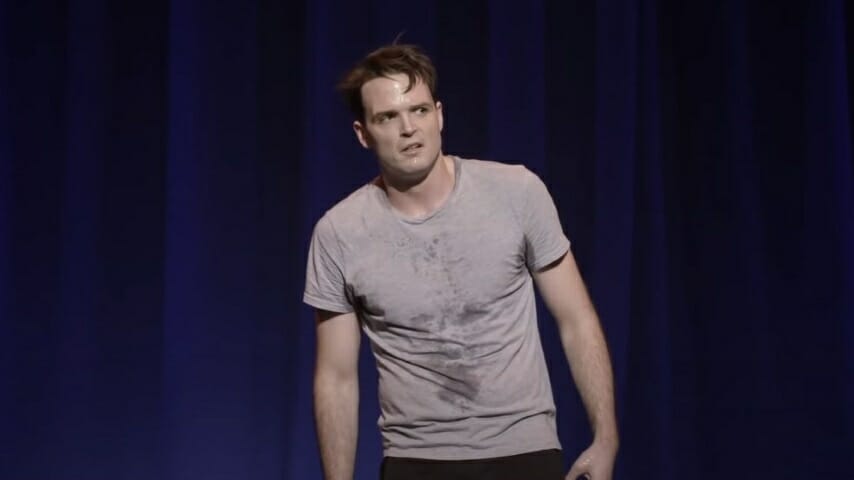
Tom Walker devotes his entire set to mime, “the unlovable child of theatre and dance,” though he thankfully talks throughout the set. His physicality is scarily impressive, equal parts believable (you very rarely are lost in imagining what exactly he’s doing) and profoundly absurd (see: the entire bit where he has a giant retractable penis). Fans of more traditional stand-up are not completely left adrift, as Walker moves between short bits to longer skits and callbacks that reflect a more conventional set. Most of his goofs are inventive to the nth degree. His best continuous story involves a love story with a coat, which also showcases just how convincing he can be with his movements. Walker’s approach is a welcome reprieve from the same old schtick.—Clare Martin
4. Patton Oswalt: I Love Everything

On I Love Everything Patton Oswalt seems about as well-adjusted as he’s ever been. He’s always had the ability to take personal anecdotes and observations and turn them into long, increasingly hilarious stories with a larger ring of truth and a tinge of the absurd, and that’s still true on I Love Everything. He also delivers the Trump stand-up routine that should officially end all Trump stand-up routines, and criticizes Louis C.K. and other #MeToo comics in the kind of bit that too few comedians have done. Oswalt’s previous special, Annihilation, was a respectful and darkly hilarious way to deal with the tragedy of his wife’s untimely death, and on I Love Everything Oswalt deals with the lives he’s rebuilt since—both his and his daughter’s. The result is a thoroughly entertaining hour from one of the most consistent comedians of his era.—Garrett Martin
-

-

-

-

-

-

-

-

-

-

-

-

-

-

-

-

-

-

-

-

-

-

-

-

-

-

-

-

-

-

-

-

-

-

-

-

-

-

-

-

